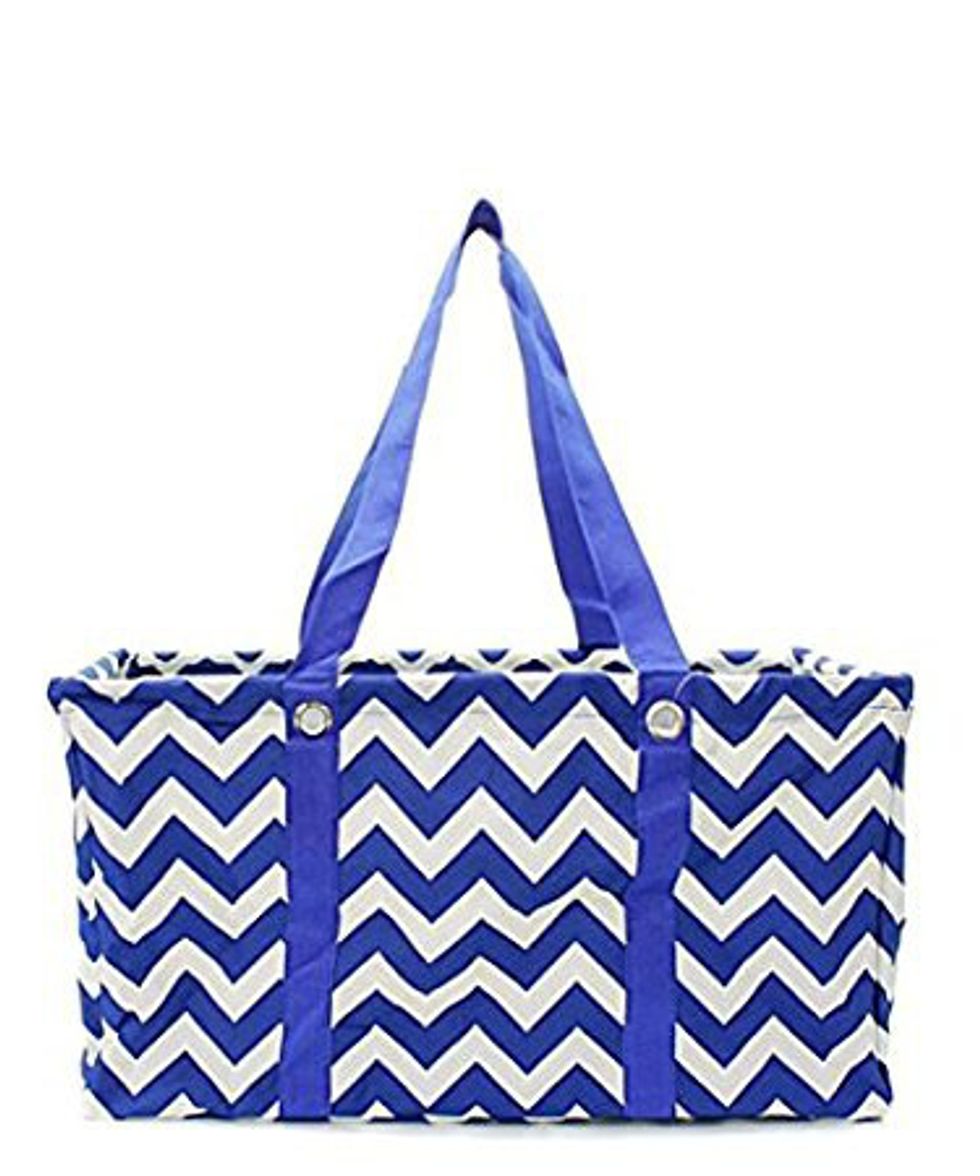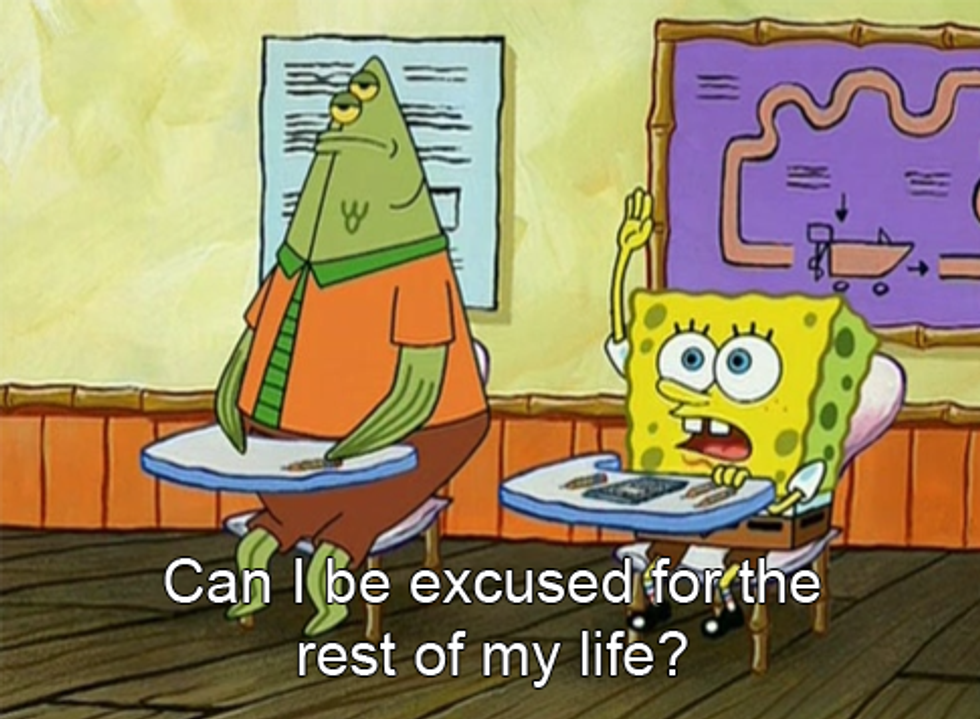I love seeing American people with "I voted" sticker. It shows their pride of civic duty. I wish my country has the same.
But, If I can bring back the iconic symbol to Japan, I would love to add three more words on the sticker, and make it like this, “I voted and it counted.”
“I voted” means only your part of duty; so I want to add “it counted” to make sure if the government did theirs too.
But, how can you know if your vote is counted? Is there any way to know that; or if there is the technology that allows you to do that, would you like it? If you do, you’ve got to know blockchain technology.
Last week, DC Blockchain Summit produced by the Chamber of Digital Commerce was held at Georgetown University.
The summit was a first gathering that puts engineers, government and corporations together to provide knowledge and leadership on the policy challenges facing the cutting-edge blockchain technology.
At the summit, I saw hundreds of people like you who would like the transparency in transaction, voting for example.
Decentralized + transparent = blockchain
So, what is blockchain? Simply put, blockchain technology is a decentralized and transparent system that allows peer to peer transaction.
What can blockchain do?
Blockchain gives individuals the power to control transactions of any kind of asset (money, property, votes, ideas and health data, etc) without third-party (government agency or financial corporation). The power that blockchain can give to individuals can be significant especially where corruption is often the norm (e.g, Africa).
Why is blockchain distinctive?
Because it's trustless.
In banking, for example, you trust and rely on bank. With blockchain technology, however, you neither trust or rely on third-party like bank, but you rather control your money. The system is not controlled or owned by any other parties: corporations or organizations, but you, as a owner control the transaction.
You may go to the front desk, ATM or your digital bank account for usual banking. But, using blockchain, you go to a payment network, called Bitcoin. The public payment transaction through Bitcoin allows you to exchange bitcoins, which is a currency unit used on the network, with another individual.
You trust nobody, including the individual you deal with, because you don’t know the person: this is a completely anonymous peer to peer exchange. That’s why it’s called a trustless system.
The separation of money and states
ShapeShift.io CEO Erik Voorhees stated in yBitcoin magazine, that “a good way to think of it is that Bitcoin represents the separation of money and states.” What he means by that is the Bitcoin network enables “any two people anywhere on earth, to transact with each other freely." The economic activity cannot be censored by government agency or financial company, so individuals have the power of currency, and the value of their money cannot be controlled by government, inflation for example.
Blockchain is a giant spreadsheet.
The blockchain network is transparent because it’s public, shared and monitored by everyone.
The network is like a giant spreadsheet where anyone can access to. Since the network is public, it's very transparent in a way that anyone can see who owns what.
Is blockchain just for banking?
No, there are as many applications as we can think of.
I think the transparency of blockchain has potentials in charitable donations.
For example, after the 2011 Tohoku earthquake and tsunami in Japan, the approximate total of humanitarian donations from all over the world was at least 4400 billion yen. However, many Japanese were actually suspicious about how government, NGOs, and other organizations spent the billions of yens, since there was no way to know where their contributions went. But if we can apply the blockchain network, individual donor can track their donation through the network, so they are able to check how their money are spent. Blockchain can remove the worries and frustrations that the donors frequently experience.
The same scenario works in voting system. The voting machine built upon the blockchain network enables track your vote. The public giant spreadsheet cannot be controlled by other entities, so voters do not have to worry if their votes are manipulated.
Actually, the application has already practiced in the 2016 Iowa Caucuses. Blockchain Technologies Corp, working with the Rand Paul campaign, has used the technology for the first time to record the raw reporting results of Iowa caucus precinct captains.
Blockchain can be the next internet
At this point, you may have many questions in terms of how actually blockchain works. But, I think the questions is already solved through our experience of adapting internet. Do you know how exactly internet works; or do you think you should know how internet works in order to use it?
I, a regular person, can’t follow highly technical discussion about blockchain that engineers do, but I can think of some possible applications using blockchain, and I rather think it is more important for me than being skeptical about the complexity behind the technology. We can’t stop technology. It’s keep coming. What we can do is to use our brain to figure out how we can apply the technology and make our living better.
What's next?
After attending the conference with the help of the scholarship by MIT Media Lab’s Digital Currency Initiative (DCI) and the Chamber of Digital Commerce, it became clear to me that there is this rich ecosystem where we can grow this powerful technology. However, from a practical point of view, the community has found itself facing numerous policy challenges. I think that what's missing in order to overcome those challenges is stories from people. We need more stories that inspire the community itself as well as the other communities.
Do you think of any applications of this technology? It might be the time to share your knowledge and ideas with the evolving community, and create the society you want to live in. With the blockchain technology, it is exciting and frustrating to think what would be the form of future ahead of us.






























